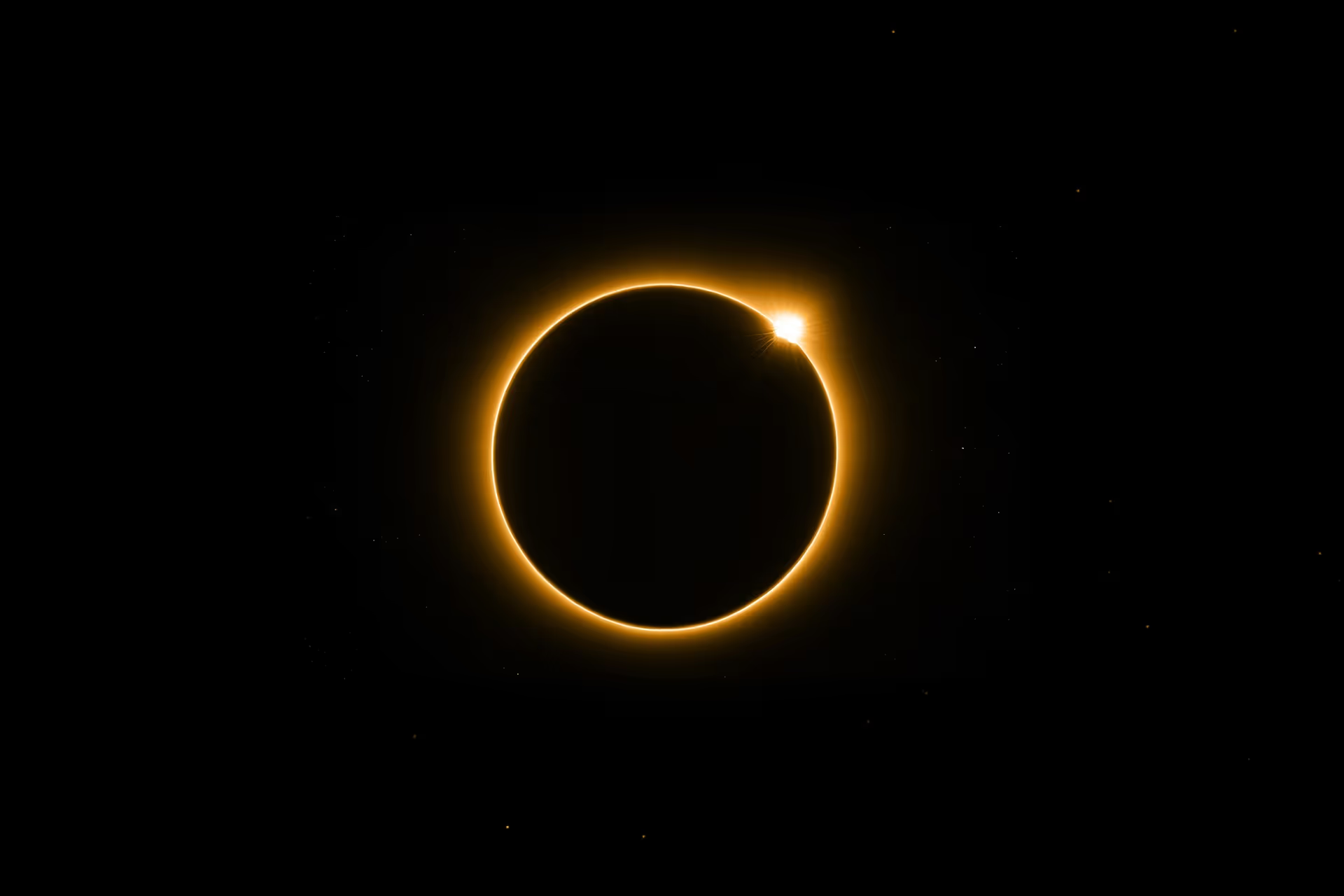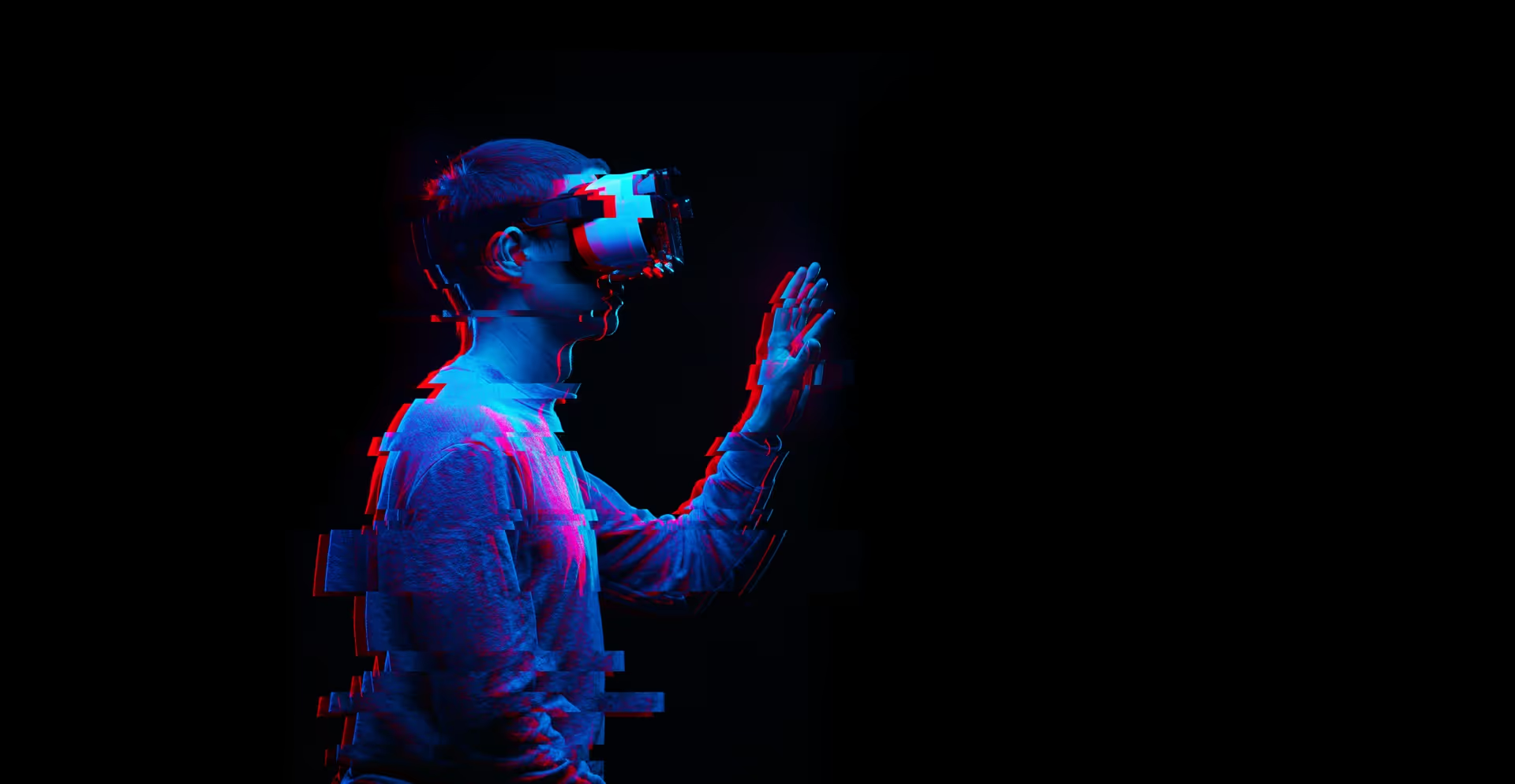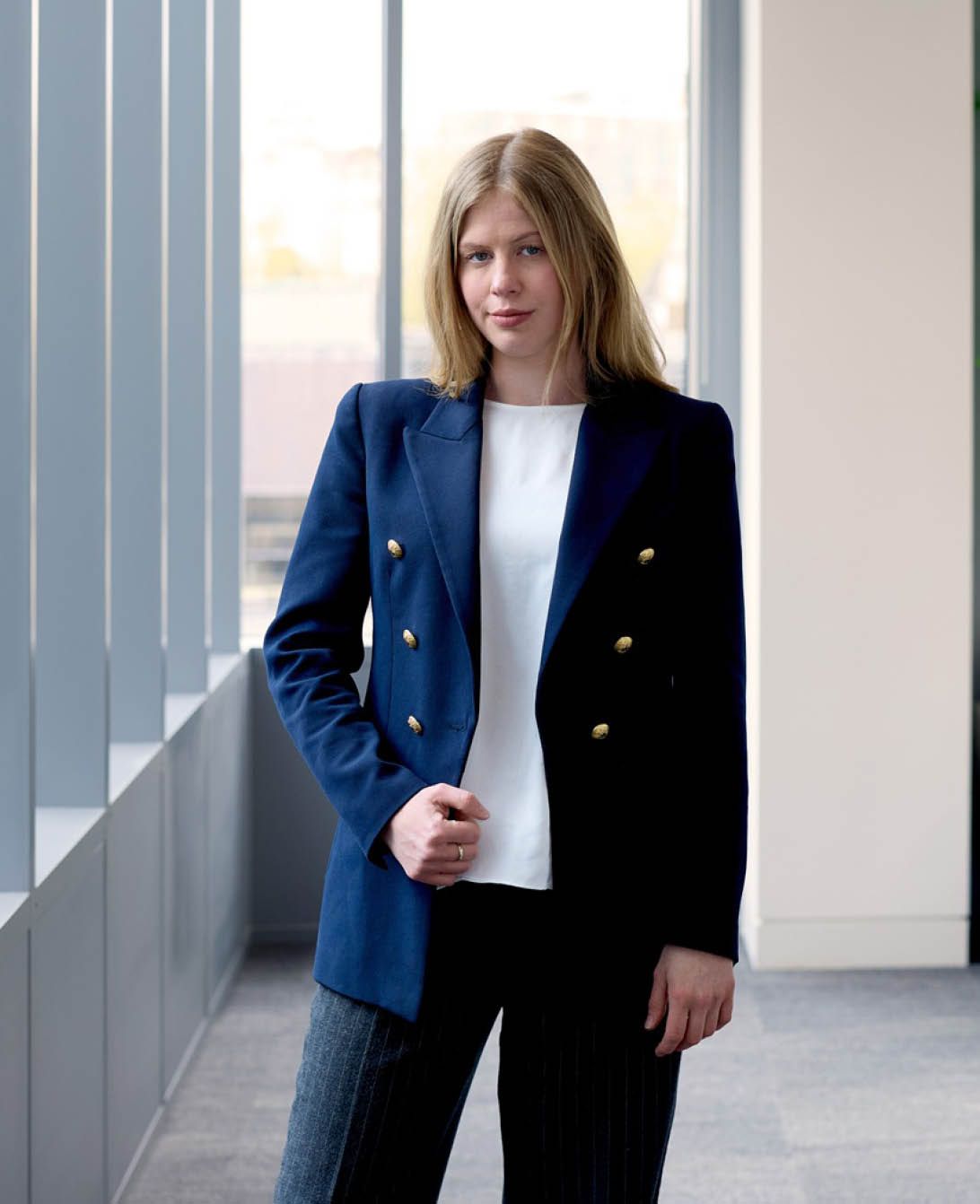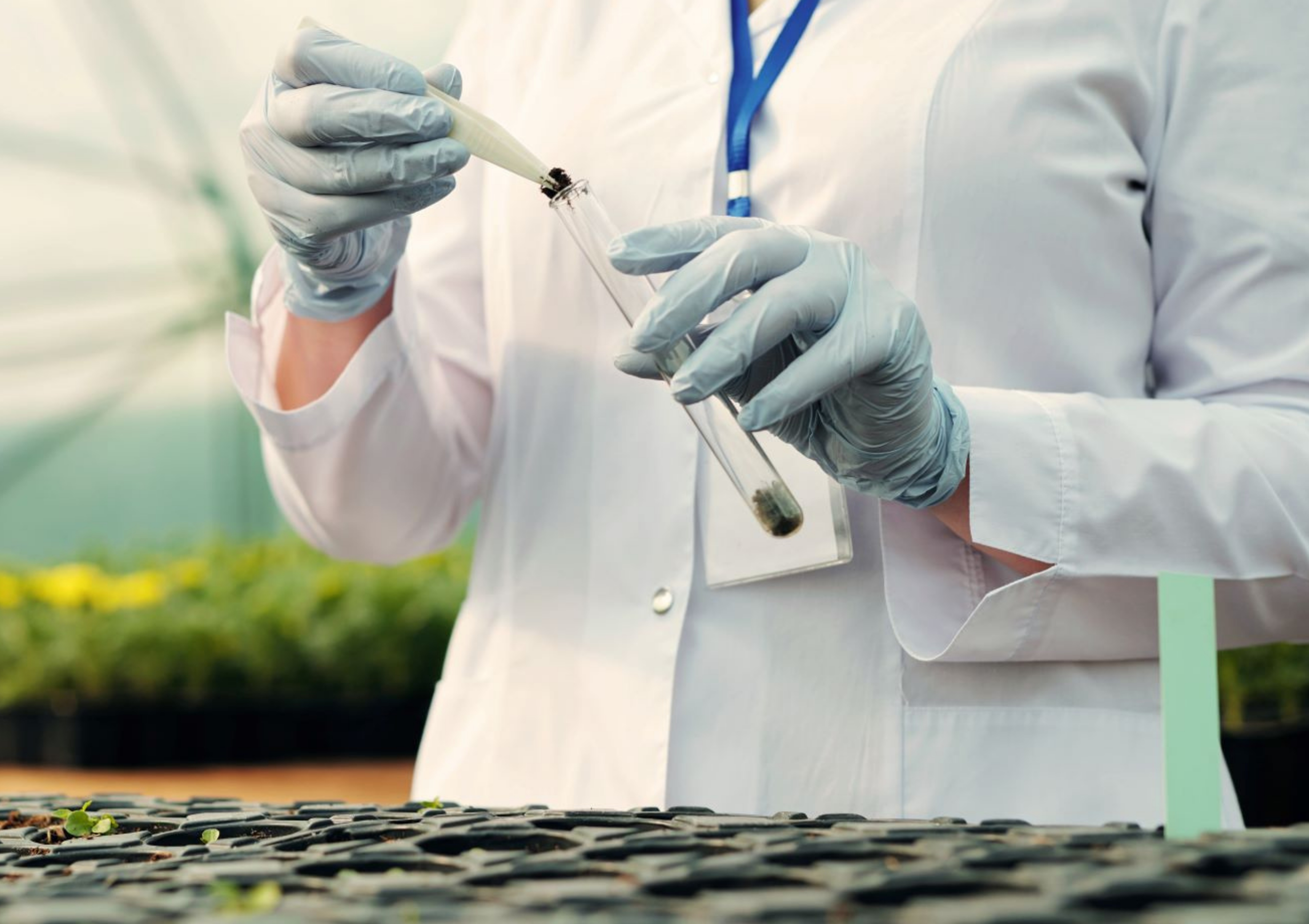Yesterday the UK Supreme Court considered whether artificial intelligence (AI) can be the inventor of a patent under UK law. The Court’s decision will be of significant importance to companies developing AI inventorship solutions, but the question of whether an AI can be an inventor may ultimately be one which requires legislation.
Dr Thaler, the creator of an AI system called “DABUS”, filed patent applications for two inventions, which, Thaler contends, DABUS invented.
Thaler listed DABUS as inventor on patent applications in jurisdictions including the UK, EU, USA and Australia. Such patent offices have had to consider the pertinent question of whether DABUS, as a (non-human) AI system can be an inventor. These patent offices concluded that an AI cannot be an inventor. Thaler has sought to overturn these decisions across various jurisdictions, including the UK.
UK patent law requires the inventor of a patent to be listed on a patent application, and that that inventor must be “person”. However, since the Patents Act 1977, AI has developed beyond recognition.
Despite a dissenting judgment in the Court of Appeal, the UK courts to date have concluded that DABUS cannot be an inventor. At first instance, the High Court ultimately concluded that “person” means natural person, and so DABUS could not be considered as an inventor. The Court of Appeal ultimately agreed with the High Court decision. By contrast, at first instance in Australia it was determined that DABUS was an inventor, but this was overturned on appeal. Broadly, the conclusions, although not reasoning, in the US have aligned with that of the UK.
It will be interesting to note the Supreme Court justices’ reasoning when judgment is handed down in the following months. Whilst a Supreme Court judgment will likely bring the longstanding litigation to a close, at least in the UK, the decision will no doubt spark significant conversations, which may well ultimately reach the legislature.




















.avif)




.jpg)

%20(1).jpg)


.avif)